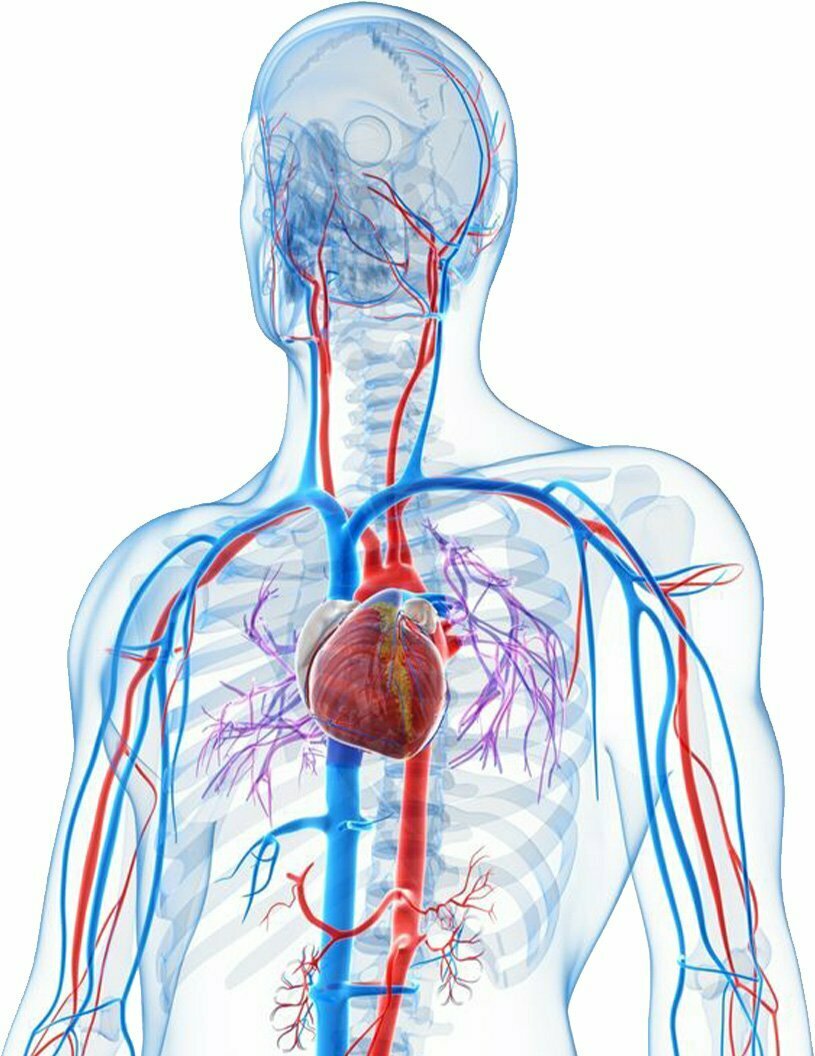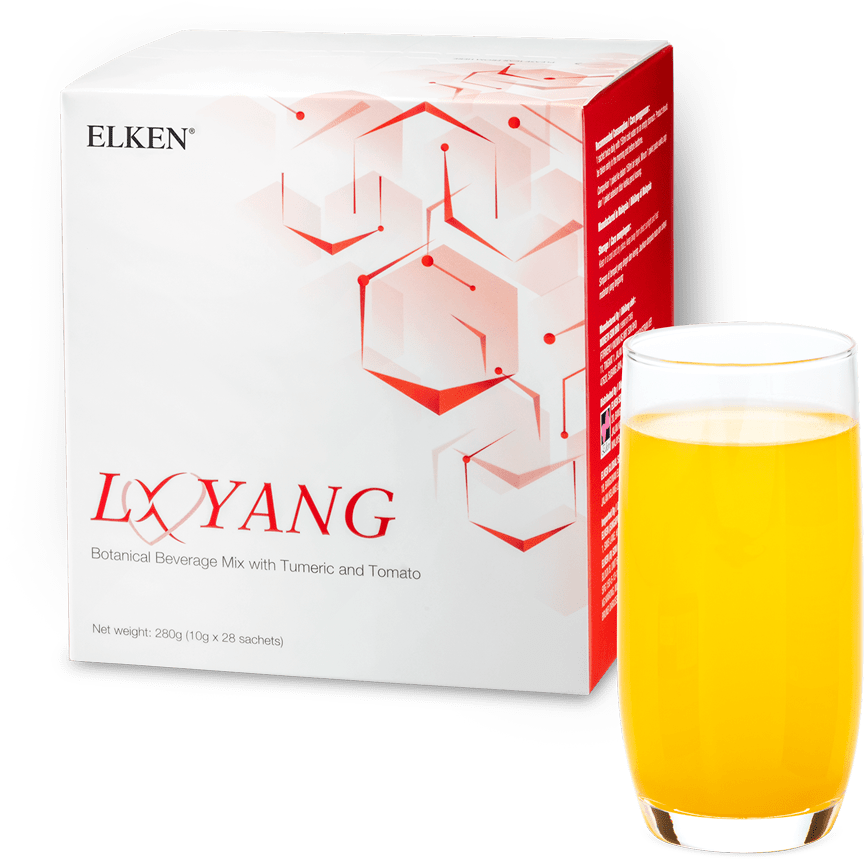All disease is, to some degree, genetic. From cancer to the common cold, almost every human illness known to mankind has something to do with genes. Genes and the switches that control them are made of deoxyribonucleic acid (DNA), containing information on building specific molecules (such as proteins or hormones) both essential to the growth and maintenance of the human body.
Your genes influence your risk for degenerative disorders — ranging from cardiovascular diseases, osteoporosis to Alzheimer’s disease in which structure, function, or both deteriorate. Genes also influence allergic reactions, your ability to fend off infection, how you process nutrients and supplements, and even your susceptibility to mishaps.
Cardiovascular disease (CVD) is the number 1 cause of death globally.
According to World Health Organisation (WHO) cardiovascular disease (CVD) is the number 1 cause of death globally: more people die annually from CVDs than from any other cause. Cardiovascular disease can refer to a number of conditions including heart attack, stroke, cerebrovascular disease, arrhythmia, heart valve problems, deep vein thrombosis and pulmonary embolism.
People with cardiovascular disease or who are at high cardiovascular risk (due to the presence of one or more risk factors such as genetically inherited, hypertension, diabetes, hyperlipidaemia or already established disease) need early detection through a genetic test followed by an appropriate action plan.
For nearly all cardiovascular disorders, inherited DNA sequence variants play a role in conferring risk for disease. For example, in the general population, a history of premature atherosclerotic CVD in a parent confers ~3.0-fold increase in CVD risk to offspring (Lloyd-Jones et al., 2004). The precise magnitude of the role of inheritance, however, varies by disease and by other factors such as age of disease onset and subtype of disease.

Many different types of heart disease can be passed down through families

Many different types of heart disease can be passed down through families. Some are triggered by just one or a few genetic changes that have a very strong effect in causing disease. Known as monogenic conditions, they include uncommon disorders that mostly affect the heart’s muscle (such as hypertrophic cardiomyopathy) or electrical system (such as long QT syndrome). Another example is familial hypercholesterolemia, which causes very high cholesterol levels and may lead to premature coronary artery disease (occurring before age 50).
But most cases of coronary artery disease are polygenic, which means they arise from changes in a number of different genes. Researchers have identified at least 67 different sites in the DNA sequence (called variants) that increase heart attack risk. You can have zero, one, or two copies of any of these variants; the more copies you have, the higher your risk. Each of these variants raises the relative risk of cardiovascular disease by about 10%. But if you have a number of them, it adds up.
Genetic risk factors highlight that there are other ways contract CVDs besides the traditional means of cholesterol, blood pressure, and diabetes. Some of the variants occur in genes that no one previously suspected had any effect on cardiovascular disease, and seem to be involved in blood vessel reactivity, among other reactions.
Genes of Interest and Recommendations

For your genetic test, we determine the variant profile of your 10 genes associated with CVD health issues. The genes CDKN2A, CDKN2B-AS1, CDKN2B, R451Q, MTHFD1L, APOE, SEZ6L, MIA3, CXCL12, SMAD3 are associated with early-onset coronary heart disease, coronary artery disease, myocardial infarction, coronary heart disease development, diastolic and systolic blood pressures and so on.
From the variant profile of your 10 genes, we can estimate your risk of cardiovascular health issues from the genetic level.
Knowing that your genes encode a specific outcome, you can mitigate their effects with certain tweaks to your diet in terms of what you should remove from your diet or include, what sort of exercise you can do, the exact supplements you need to take and even lifestyle changes you can incorporate.

To help you build up your cardiovascular health, it is recommended to take: Elken Spirulina which contains over 60 types of natural nutrients. It is a cholesterol-free protein source that is alkaline-forming, which makes it readily digested and easily assimilated.
Add on the holistic Elken LX Yang which has a synergistic effect for healthy circulation. It optimises nitric oxide production through a synergistic effect of Tomato Aqueous Extract (TAE), L-arginine and a new patented ingredient Curcumin, and proprietary nutrients for healthy blood flow.


Elken Omerga contains a natural extract of marine lipid concentrate from deep-sea fish in the Arctic Ocean and Norwegian Sea. It provides a dietary source of the valuable Omega 3 polyunsaturated essential fatty acids (PUFA), namely Eicosapentaenoic Acid (EPA) and Docosahexaenoic Acid (DHA).

